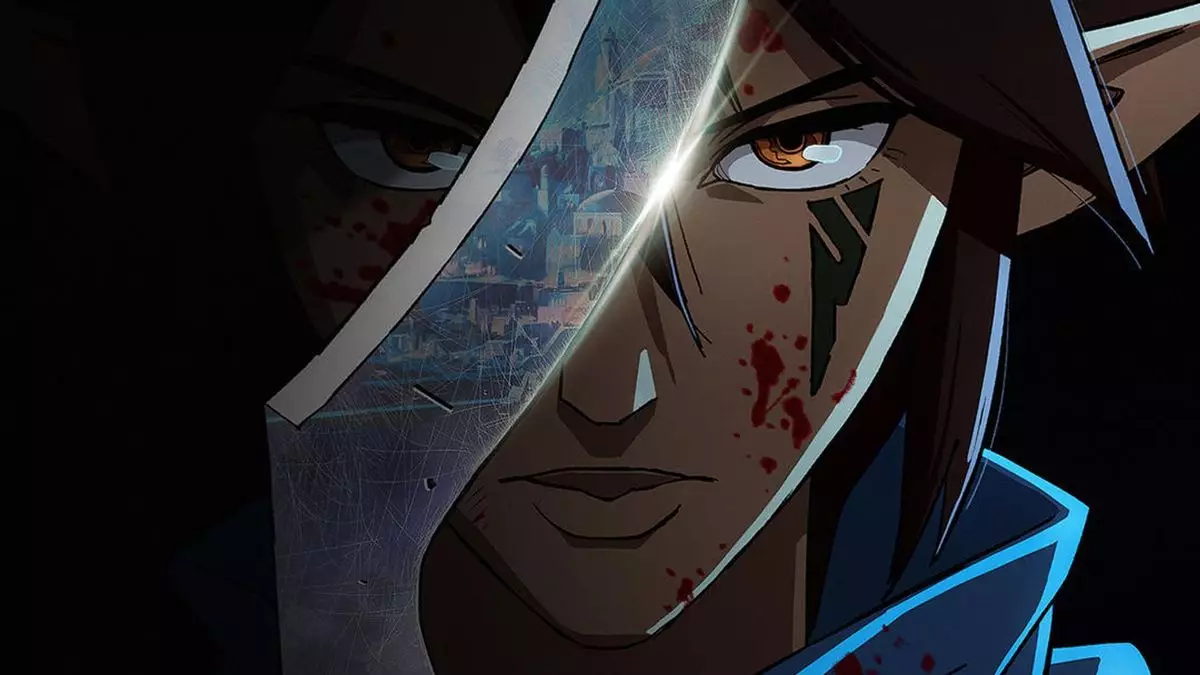Dragon Age is a beloved franchise that continues to capture the imagination of gamers and fans alike, with its rich lore and multifaceted narratives. As excitement builds for the upcoming title, Dragon Age: The Veilguard, the question on many fans’ minds revolves around the ongoing storylines introduced in various adaptations, particularly the Netflix series Dragon Age: Absolution, which aired its first season in December 2022. Insights from creative director John Epler, as captured during a conversation with YouTuber Kala Elizabeth, have provided both hope and frustration regarding the narrative threads left hanging by the spin-off.
Epler’s comments reveal a complicated reality for franchises expanded into multimedia formats. The creative director expressed enthusiasm about potentially concluding the stories laid out in Dragon Age: Absolution, but also acknowledged the challenging legal landscape surrounding adaptations tied to streaming platforms like Netflix. As he noted, “I can’t get into too many details because it’s a Netflix thing, which makes the rights complicated.” This statement signifies the hurdles that often murky the waters between creators, rights holders, and fans eagerly awaiting resolutions to story arcs they’ve invested in. While Epler’s desire for further exploration of the narrative is encouraging, the ambiguity surrounding potential timelines leaves fans in limbo.
The Impact of Adaptations on the Franchise
The discussion surrounding animated versus live-action adaptations is also crucial. Notably, Dragon Age co-creator David Gaider has openly voiced skepticism about translating the RPG into live-action, stating that it could end up being a “terrible idea.” His reluctance is rooted in the history of adaptations where authenticity often faltered. Gaider’s commentary, which highlights a perceived disconnect between the series’ animated iterations and its roots, raises intriguing questions about how to preserve the essence of such a rich world when transitioning between formats.
This perspective taps into a broader conversation about adaptations in the gaming world, where the shift from interactive experiences to static visual storytelling can prove to be contentious. For many fans, the appeal of Dragon Age lies in the immersive control players have over their characters and decisions within the game, something that could easily be lost in a more traditional live-action rendering.
Despite the uncertain landscape of adaptations, anticipation for Dragon Age: The Veilguard remains palpable. Scheduled for release on October 31, 2023, it promises to deliver fresh content that will hopefully bridge the gaps created by incomplete narratives from previous adaptations. While Epler’s remarks leave fans hopeful yet cautious, the enthusiasm for new adventures in The Veilguard suggests a continuing appetite for the franchise’s story-rich universe.
The future of Dragon Age’s narrative threads, particularly concerning its adaptation into other mediums, poses both challenges and opportunities. As we inch closer to the release of The Veilguard, fans are reminded of the intricate interplay between multimedia storytelling and franchise loyalty, eagerly hoping for a resolution that honors the depth and complexity of their beloved Dragon Age universe.

